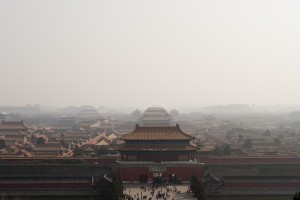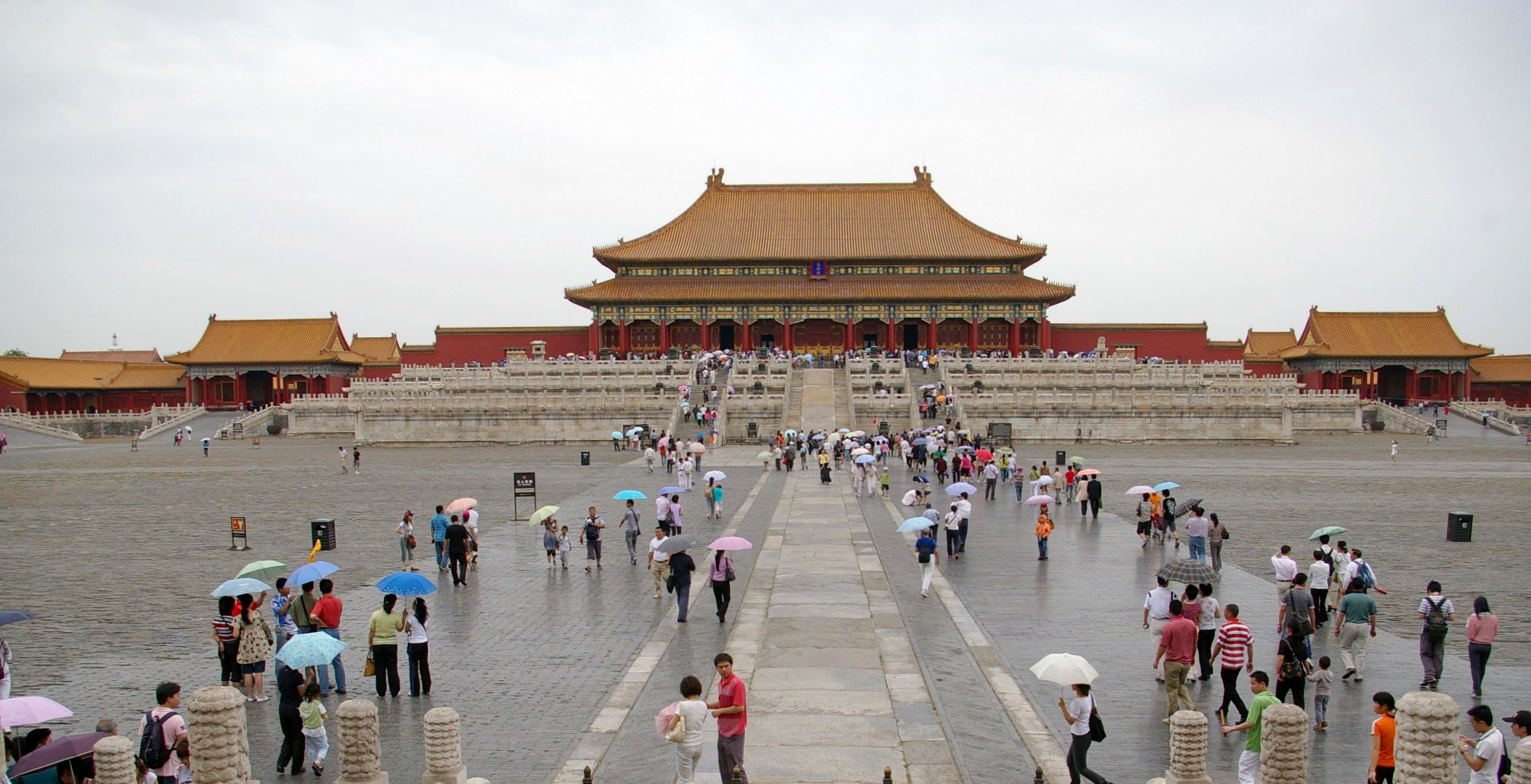The Internet, a virtual space existing somewhere beyond the physical world, has become an engine for actual, tangible change. From Cairo to Moscow, bloggers, Facebook-users and Tweeters have exposed corrupt officials, initiated political discourse, and even incited revolutions. China, however, is a nation that has thus far managed to avoid devastating uprisings. Surprisingly, this seems to have little to do with oppressive censorship. The Chinese government rules more with an infant’s hand than an iron fist, ineffectually grasping at only the most incendiary remarks, and haplessly watching them enter the information stream regardless. Still, government censorship is a major focus of the Communist Party (CCP) and critical issue facing Chinese society. Mainland China alone has over 591 million internet users, which is greater than the entire population of North America. Hundreds of ordinary people are arrested and imprisoned each year on the basis of creating rumors online. The ambiguity of what is defined as serious libelous content has led to questionable charges and subsequent punishments.
On September 9, China made an attempt to further crack down on rumormongers by clarifying its laws on libel. The Supreme People’s Court and Supreme People’s Procuratorate released a joint statement detailing the definition of serious breaches of existing online libel laws. To be considered a serious breach and, as such, punishable as a criminal offense, rumors propagated online must be viewed at least 5,000 times or forwarded 500 times. Encouragingly, the statement also offers protection for users who unknowingly spread incorrect information produced by others and those who help to expose government corruption. Even though specifics on the protections were left vague, these unwitting conspirators and concerned citizens are guarded even if their statements are not entirely accurate. Finally, the release details a new initiative: criminally punishing businesses that profit from deleting negative posts or intentionally disseminating false information. A defamation conviction can lead to monetary reparations and up to three years in jail.
The purpose of this joint statement is twofold. First, it offers security to whistleblowers, which is consistent with the new Chinese administration’s stated commitment to ridding the communist party’s ranks of corrupt officials. President Xi Jinping proclaimed in a July 2013 speech that China must reform the party with “ever more political courage and wisdom.” While this explicit legal protection is encouraging, the revision of the law also grants government agencies the right to prosecute persons who pose a threat to the state due to their online activities. Libelous material that causes a mass incident, ethnic or religious conflict, disturbs public order, or damages national image is now considered a serious breach of criminal law. What material is considered defamatory is determined by the government, which poses problems for judicial objectivity. Although this may seem like an attempt by the government to justify their suppression of dissident voices, it most likely will prove to be a legitimate attempt to edify Chinese Internet activity. The important distinction to make is that these laws are directed towards false information created with malicious intent. “In today’s computerized world, everyone has the right to express his or her views on a particular matter. But rumors are not based on facts and do not have a legal foundation to be spread,” explains Lin Xue, a lawyer in Beijing. As China continues to rapidly modernize and lift millions out of poverty, it is important for their leaders to instill certain norms of civilization into their society. To quote the Global Times, “Resisting rumors is a bottom line for any rational society. And it is natural that the cyber community should also follow this value.”
Technically speaking, whether or not public order can be disturbed on the internet is still unclear under Chinese criminal law. The Arab Spring, perhaps the most notable instance of social unrest in recent times, has proven that the ability of the Internet to disseminate information quickly and broadly enables social unrest, posing an obvious threat to public order. Although on a much smaller scale, micro-bloggers in China have influenced citizens to take to the streets in protests. One such instance occurred in the western province of Gansu earlier this month. Yang Hui, a 16-year-old junior middle school student, was arrested and detained for seven days on charges of “creating disturbance.” Yang posted several blog entries beginning on September 14 questioning the mysterious death of a local karaoke manager. His posts became popular and quickly spread throughout the internet. Mass incidents of demonstration and protest in the ensuing days were blamed on his posts, resulting in his weeklong “administrative detention.” Though he was ultimately released – due to his youth and repentant attitude – Yang was one of the first individuals to face sanction from the new law’s “500 forwards” provision. It is obvious that Chinese authorities operate under the belief that the internet is a platform for disrupting public order. The Supreme People’s Court must rule on this question fairly soon or accept difficulties in enforcing these newly defined online rumor laws.

The recent fall of party boss Bo Xilai has highlighted President Xi’s dedication to a reformed and more responsible CCP. There remains a debate about the justness and legitimacy of Chinese courts, but one thing is certain: the rule of law is becoming a point of discussion and focus. The new leadership understands that sustainable, healthy growth, both of economic strength and political influence, requires a more lawful society governed by laws that are both respected and enforced consistently. Chinese Premier Li Keqiang recently authored a piece in the British newspaper Financial Times outlining the new administration’s commitment to reform, strategy for maintaining sustainable growth, and focus on improving social equity. One of my future pieces will look further into Premier Li’s op-ed.
The effects this legal revision will have on critical commentary and speech regarding Chinese government and society are not easily predictable. Some believe that protecting those who unknowingly spread untrue information will ensure freedom of speech and foster liberalization. Others, such as Beijing lawyer Chen Jianggang, contest that this revision is an ominous threat against expression and will hamper the Internet’s development. So far, the CCP under Xi Jinping has said all of the correct things and put forth an encouraging agenda. What remains to be seen is the willingness of the Party to facilitate increased social freedoms at the expense of losing influence and control. Will factual criticisms of the government on the web be tolerated or labeled as a threat to social order and punished accordingly? What will China do when it is inevitably forced to confront its own Snowdens and Mannings? The admirably brave crop of Chinese bloggers is sure to test these boundaries very quickly.

He Said, She Said, China Censored: Beijing’s Crackdown on Internet “Rumors” http://t.co/RTD3Synf23 #China #censorship
He Said, She Said, China Censored: Beijing’s Crackdown on Internet “Rumors” | Brown Political Review http://t.co/Ju8gIBusmd
Challenging Piece by James Konsky: Social stability, freedom of speech and China’s rumor crackdown http://t.co/fh95r2gQSv
RT @BrownBPR: Censoring Rumors: “Chinese government rules more with an infant’s hand than an iron fist” http://t.co/6S3EplMBO8
“Censoring Rumors: “Chinese government rules more with an infant’s hand than an iron fist” http://t.co/UPe9cixWsk” First BPR piece!